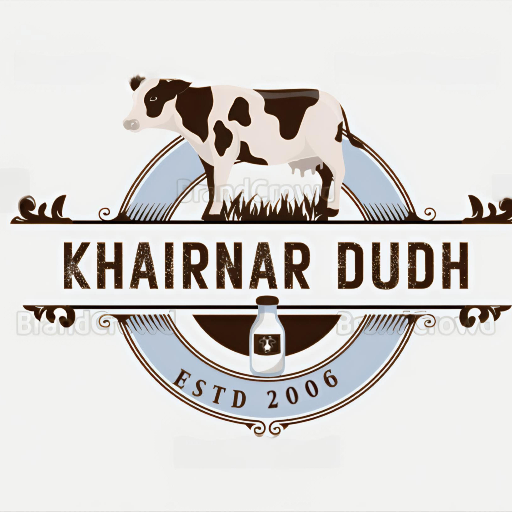In the bustling city of Pune, where life never pauses, there resides a family that mirrors many of the challenges faced by Indian households today. Meet the Patil family—Rajesh, a dedicated software engineer, his wife Meera, a proficient school teacher, and their two children, Aarav and Anaya. Like many families, the Patils juggle the demands of modern life while striving to maintain a healthy lifestyle. At the heart of their daily routine lies a seemingly simple yet profound staple milk.
A Nutritional Powerhouse
For the Patils, milk is not just a beverage; it’s a nutritional powerhouse that addresses a significant problem they face ensuring adequate nutrition for growing children in a fast-paced world. In a landscape where dietary choices often lean towards convenience over health, milk stands as a beacon of balanced nutrition. Packed with essential nutrients such as calcium, vitamin D, and protein, milk supports the growth and development of Aarav and Anaya, ensuring they have the energy and strength to conquer their school activities and sports events.
The Emotional Connection
However, the role of milk in the Patil family extends beyond nutrition. For Meera, the simple act of serving a warm glass of milk to her children every morning is a ritual steeped in love and care. It’s a moment of connection amidst the chaos of mornings filled with school preparations and office rush. This emotional bond, forged over a shared glass of milk, echoes the experience of countless Indian families, where milk symbolizes warmth, comfort, and the promise of a healthy day ahead.
A Solution to Everyday Challenges
The major distinct problem faced by many Indian families, including the Patils, is the challenge of maintaining a balanced diet amidst hectic schedules. With work deadlines and school commitments, preparing nutritious meals can often take a backseat. This is where milk shines as a practical solution. It’s versatile, easy to incorporate into daily meals, and offers a quick nutritional boost without the need for elaborate preparations.
Take the example of Rajesh, who often skips breakfast due to early morning meetings. A glass of milk becomes his go-to solution, providing him with the necessary energy and nutrients to start his day right. For Meera, it’s the perfect addition to her morning smoothies, ensuring she gets her dose of vitamins and minerals to tackle the day’s challenges. This simplicity and adaptability make milk an indispensable part of their daily lives.
The Impact of Milk in Rural India
While the Patil family represents urban India, it’s essential to recognize milk’s transformative impact in rural parts of the country as well. In villages where access to diverse food options is limited, milk serves as a crucial source of nutrition. Consider the story of Lakshmi, a farmer in Maharashtra, who relies on her cow’s milk not only as a food source but as a livelihood. Selling surplus milk provides her family with a steady income, enabling her to send her children to school and improve their living conditions. Milk, in this context, is more than just a drink; it’s a vehicle for empowerment and progress.
A
For families like the Patils, and countless others across India, milk is more than a dietary choice; it’s a solution to the pressing challenge of maintaining health and nutrition in a rapidly evolving world. Embracing milk as a daily essential can bridge the nutritional gaps faced by many, offering a simple yet effective way to enhance the well-being of every family member.
As you pour your next glass of milk, consider its profound impact—not just on your health, but on the countless lives it touches every day. Join the movement, and let milk be the cornerstone of a healthier, more connected family life.
By weaving together the practical and emotional narratives surrounding milk, this blog captures its significance in Indian households, offering both a solution to nutritional challenges and a deeper connection within families.
Visit Vyaparify Site:
https://id.vyaparify.com/sumit-ashok-khairnarLocation:
Shivaji chowk morane p.l Dhule. 
